
Giant Ammonite Shell Authentic Fossil 66 Million Years Old // Museum Display (Ammonite Only
Enormous ammonites up to 1.8 m (6 feet) across lived on both sides of the Atlantic, in the United Kingdom and Mexico, some 83 million years ago (Cretaceous period), according to new research led by the University of Portsmouth. The world's largest ammonite specimen (1.8 m in diameter) housed in the Munster Natural History Museum, Germany.

Giant ammonite fossil on the Jurassic Coast in Dorset, England. Stunning Interesting Facts
Jan. 10, 2024, 11:00 a.m. ET. Standing nearly as tall as a basketball hoop and weighing as much as a grizzly bear, Gigantopithecus blacki was the greatest ape to ever live. For more than a million.

This giant Ammonite fossil is around 71 million years old and is covered in Ammolite which
Ammonites. Modified date: 08/07/2023. Ammonites are extinct marine mollusks that belong to the class Cephalopoda and the subclass Ammonoidea. They were widespread and diverse creatures that lived in the oceans from the Devonian period, around 400 million years ago, until the end of the Cretaceous period, about 66 million years ago when they.

Giant Ammonite Fossil Astro Gallery Touch of Modern
The largest ammonite fossil ever found is a specimen of the species Parapuzosia seppenradensis. It was discovered in Germany in 1895 and measures 1.8 meters (5.9 feet) in diameter. Parapuzosia seppenradensis is the largest known species of ammonite. It lived during the Late Cretaceous period.
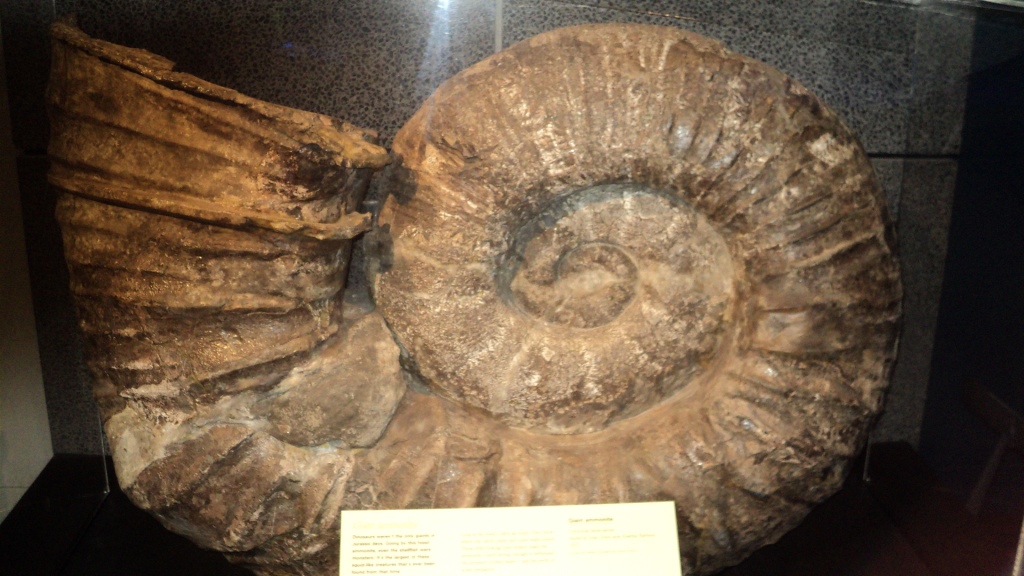
Giant Ammonite Fossil circa 140m yrs old (1) A Year Out in The Cold
Giant, human-sized ammonites — extinct relatives of cuttlefish and squid with coiled shells and tentacles — lived on both sides of the Atlantic 80 million years ago. This is the conclusion of.

Authentic Giant Ammonite Shell Fossil RARET
Ammonites, which evolved about 416 million years ago, were once the most abundant animals of the ancient seas. Scientists have identified more than 10,000 ammonite species, such as Arnioceras.
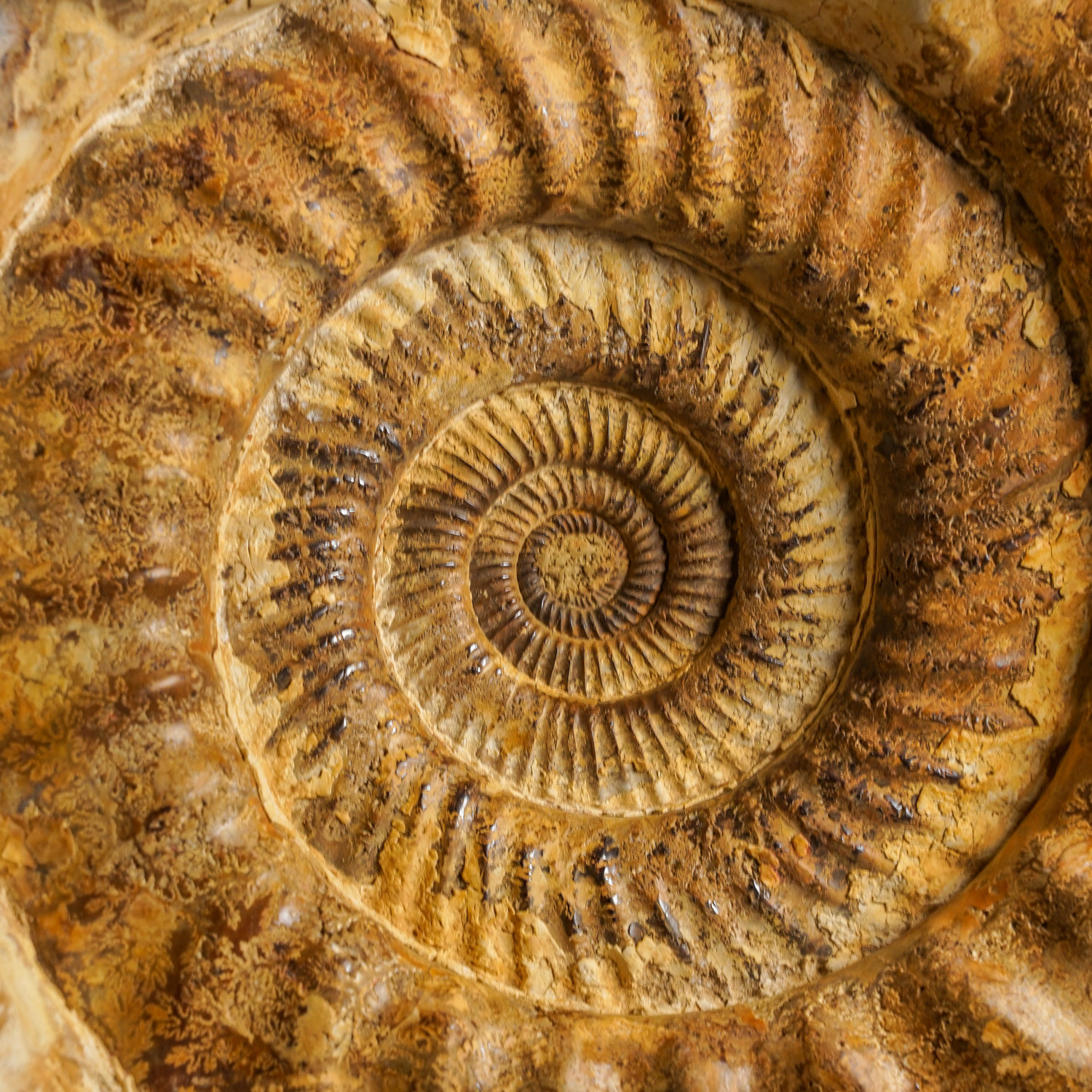
Giant Ammonite Fossil Astro Gallery Touch of Modern
Ammonites were shelled cephalopods that died out about 66 million years ago. Fossils of them are found all around the world, sometimes in very large concentrations. The often tightly wound shells of ammonites may be a familiar sight, but how much do you know about the animals that once lived inside? What were ammonites?
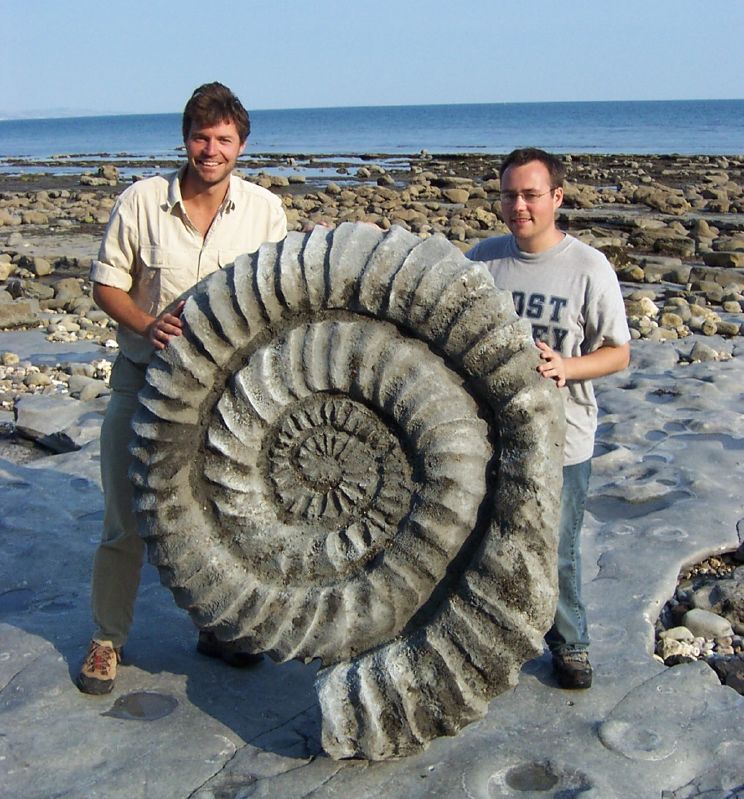
Giant Ammonite Fossils ferrebeekeeper
Diplomoceras maximum. On display in the Museum of the Earth is one of the world's largest relatively complete heteromorph ammonites. This specimen of Diplomoceras maximum—which is from the Cretaceous-aged Lopez de Bertodano Formation on Seymour Island, Antarctica—is more than 1.5 meters (4 feet) long and shaped like a giant paperclip.
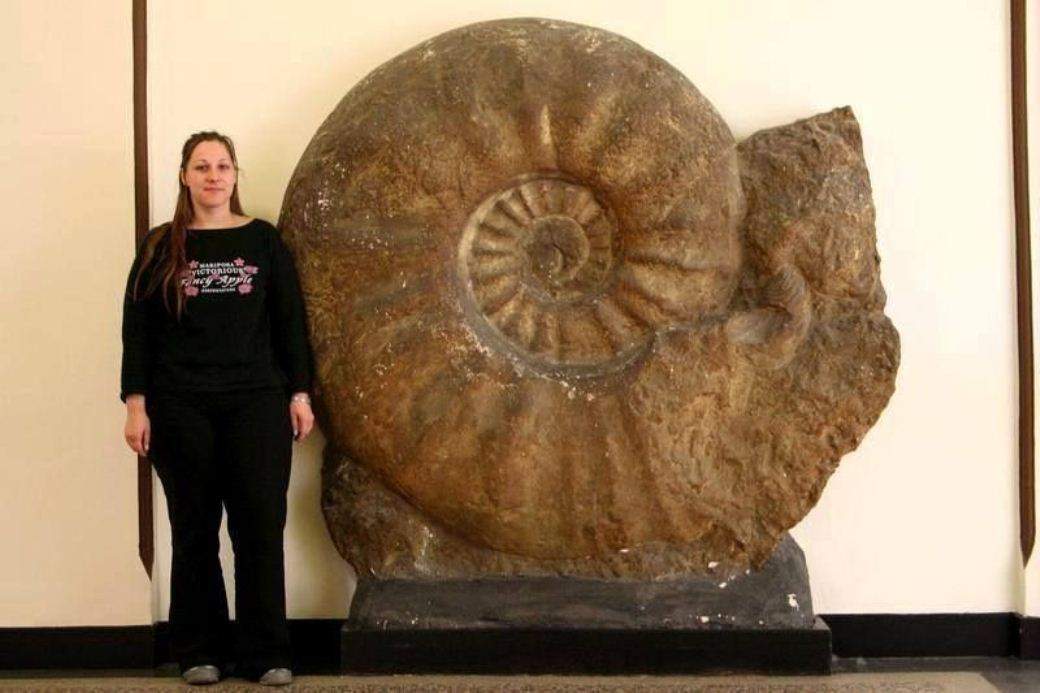
The Largest Ammonite Ever Found Geology In
In 1977 a giant, 1.42m (4 foot 7 inch) ammonite was discovered in a road cut south of Kāwhia Harbour on the Waikato Coast of New Zealand. It took several attempt to excavate the 1200 kg monster, but it is now on display at the Museum of New Zealand Te Papa Tongarewa.
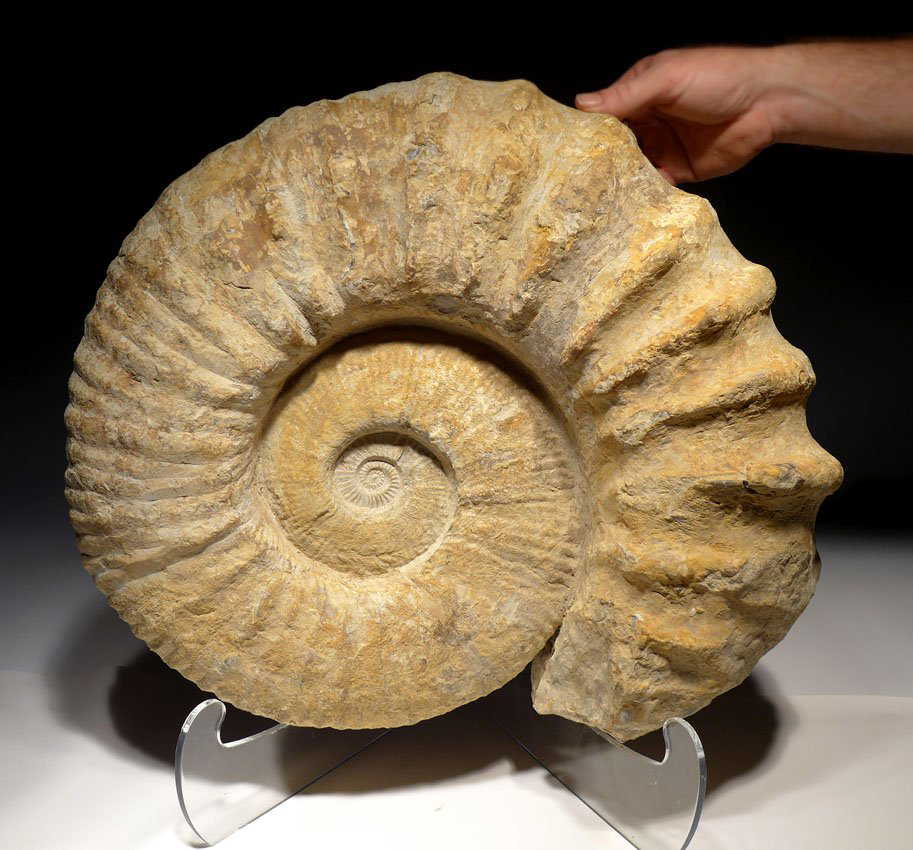
Giant MidCretaceous Period Ammonite ocean fossil
A giant ammonite found at Cape Douglas on Kamishak Bay. Alaskan Super Mollusk November 21, 1977 / T. Neil Davis Alaskans, being modest by nature, are not inclined to brag about Alaska's being more than twice as big as Texas, its giant mosquitos, strawberries and cabbages or all the other reasons why Alaska is better than other places.
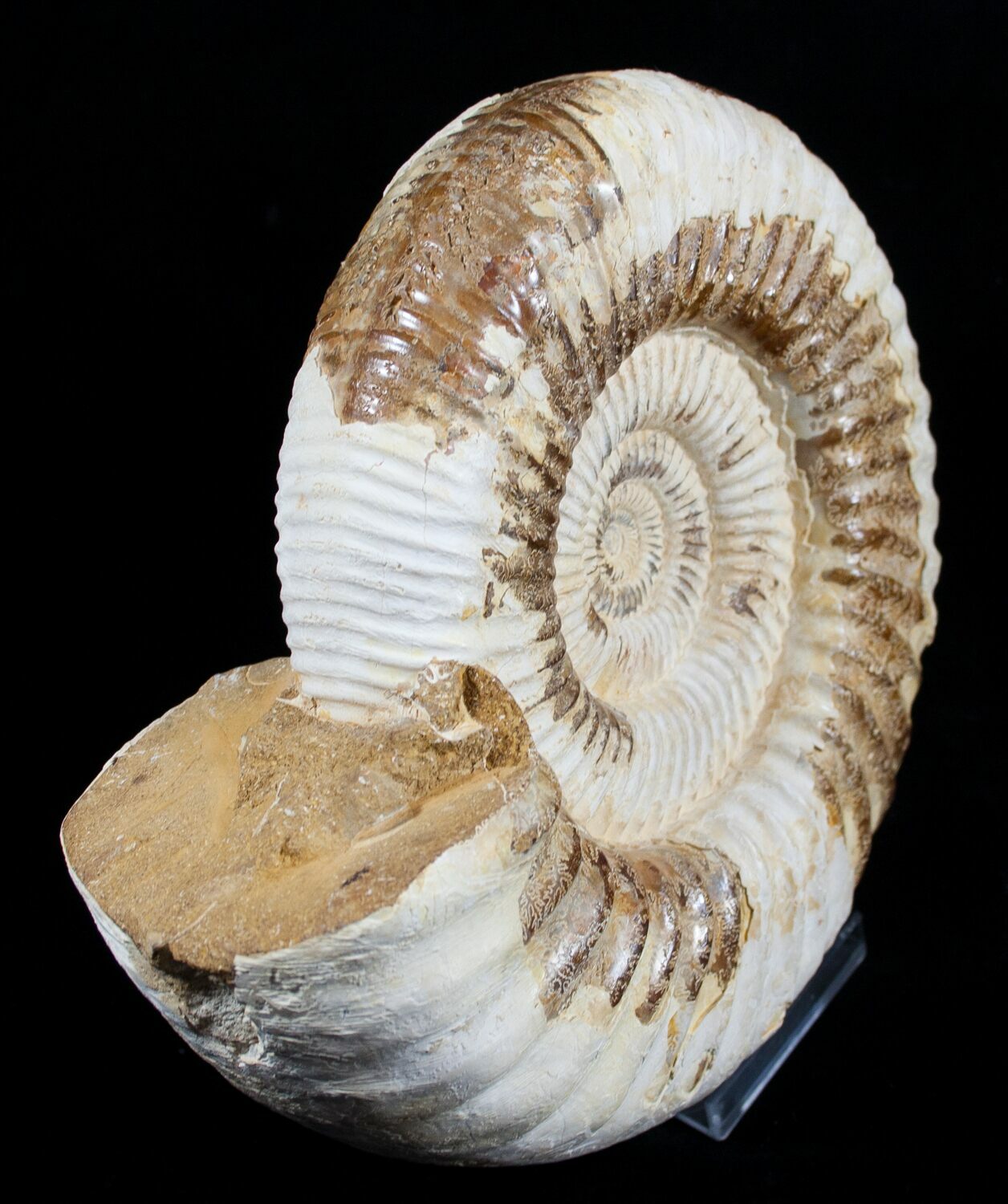
Large 8.4 Inch Ammonite Great Display (1962) For Sale
Ammonite Fossil via Coal Creek. Moderate • 4.2 (137) Fernie, British Columbia, Canada. Photos (136) Directions. Print/PDF map. Length 2.5 miElevation gain 583 ftRoute type Out & back. Try this 2.5-mile out-and-back trail near Fernie, British Columbia. Generally considered a moderately challenging route, it takes an average of 1 h 20 min to.

Giant Polished Ammonite, Madagascar 17.7 inches! Fossil Realm
A small team of researchers from Germany, Mexico and the U.K. has found evidence suggesting that the reason a species of ammonite grew into giants was because of the increasing size of the.
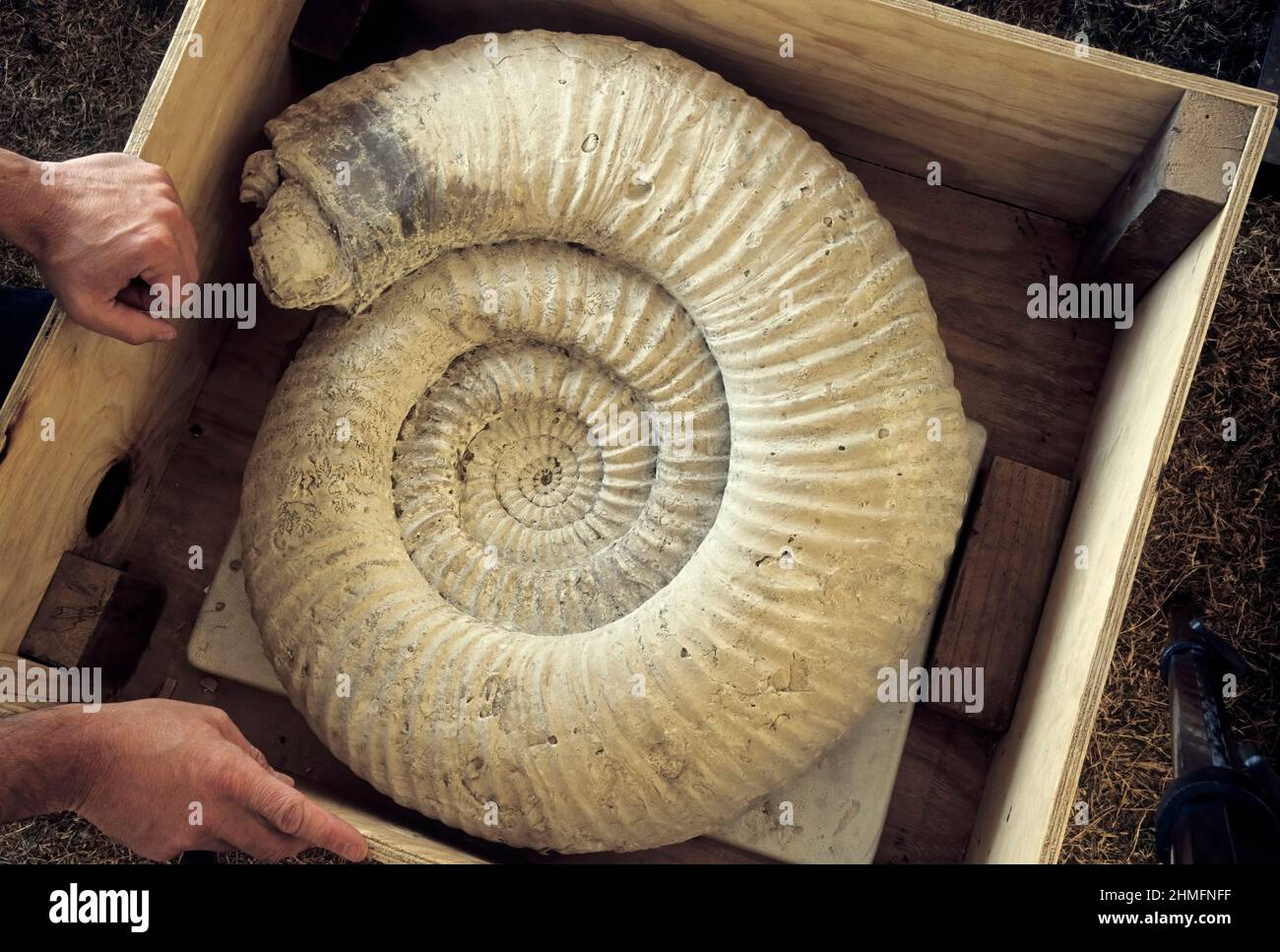
Giant Ammonite fossil awaits sale at the Tucson Gem and Mineral Show Stock Photo Alamy
The Kesennuma Oshima ammonite however, dates from the Late Jurassic to Early Cretaceous period, making it an important specimen for the study of Japanese ammonites. While the giant ammonite fossil is the newest attraction at the Tohoku University Museum, there are many other important geological exhibits - fossils, rocks and minerals - that.
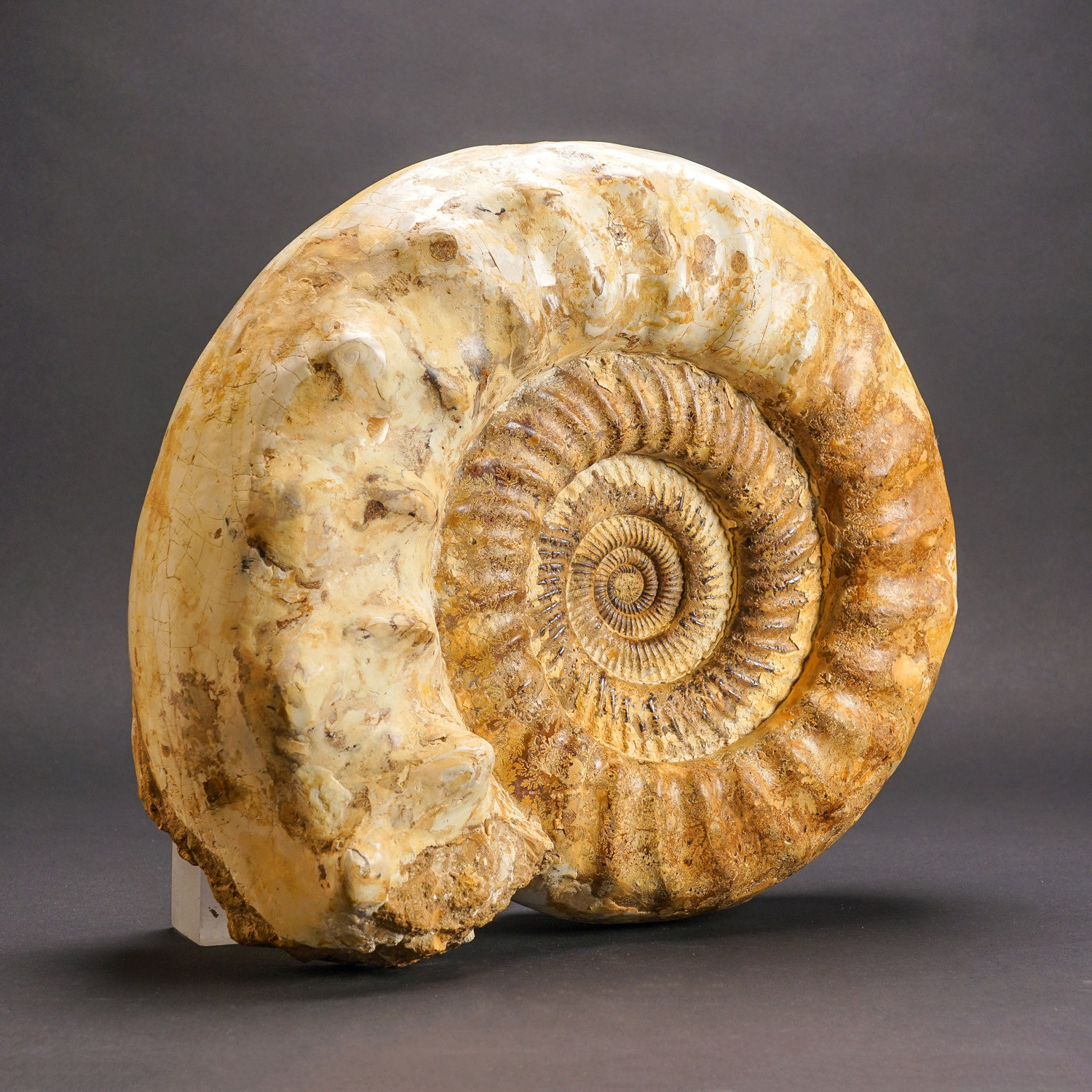
Giant Ammonite Fossil Astro Gallery Touch of Modern
Ammonites are excellent index fossils, and linking the rock layer in which a particular species or genus is found to specific geologic time periods is often possible. Their fossil shells usually take the form of planispirals, although some helically spiraled and nonspiraled forms (known as heteromorphs) have been found.
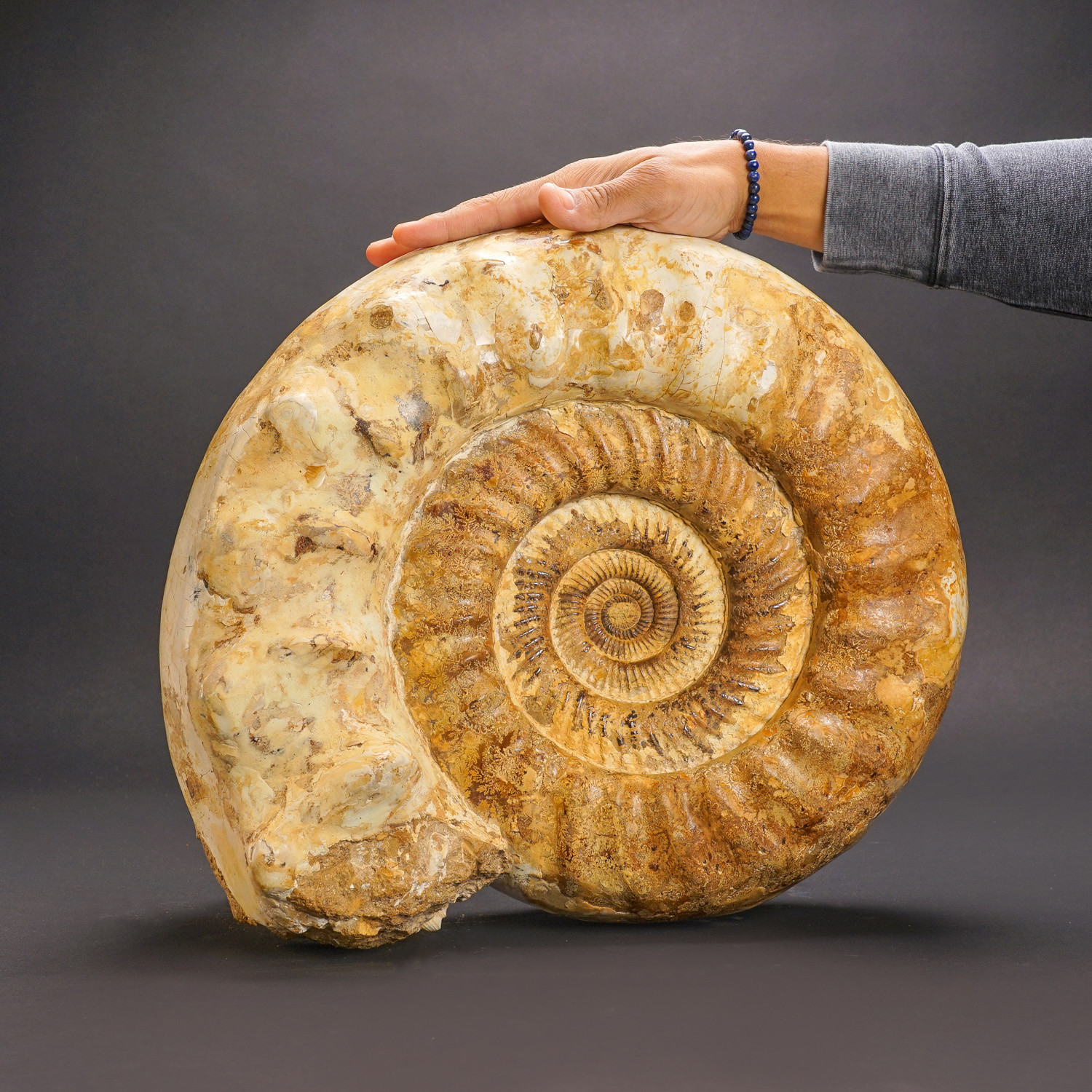
Giant Ammonite Fossil Astro Gallery Touch of Modern
Story: Fossils Contents Previous Giant ammonite (1st of 3) Next This giant ammonite, Lytoceras taharoaense, is 1.42 metres in diameter and weighs 1,200 kilograms. It was discovered in February 1977 by Jean Gyles of Wellington at Taharoa, 10 kilometres south of Kāwhia Harbour on the Waikato Coast, in a small roadside slip.
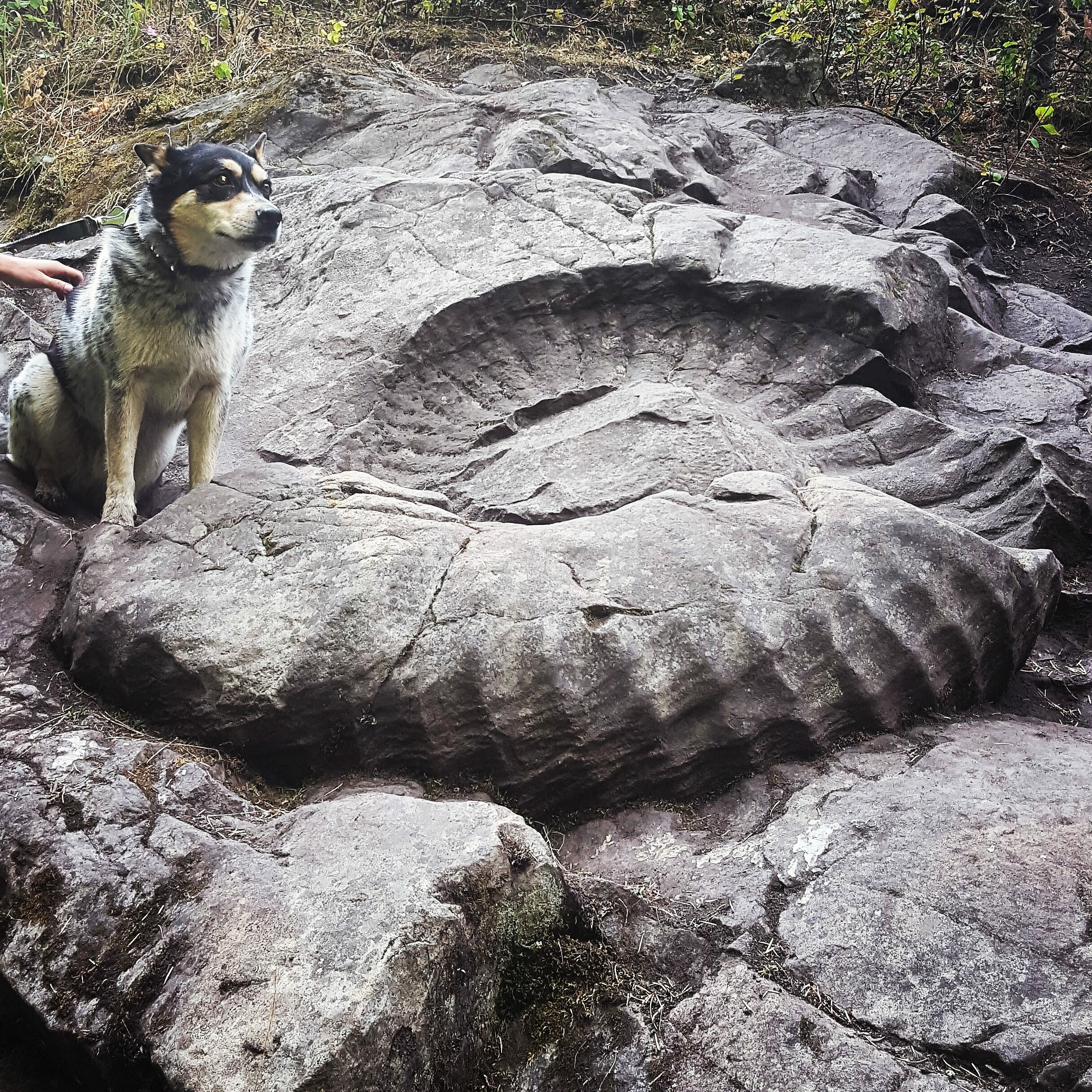
What Is The Largest Ammonite Ever Found?
Stories fossilised and preserved in rock. This includes a story about a giant fossilised Ammonite ( Titanites occidentalis) hidden near Fernie! A carnivorous, coiled, squid-like predator that hunted these waters around 150 million years old. Finding this beauty took us on our next Deskie Adventure - an Ancient Ammonite Hike.